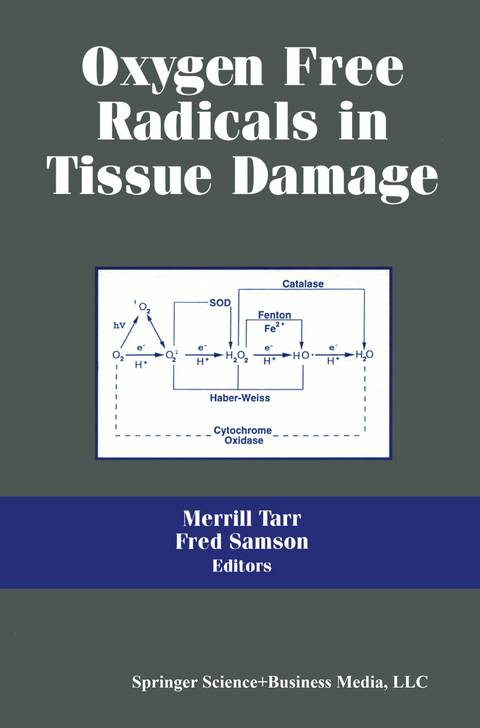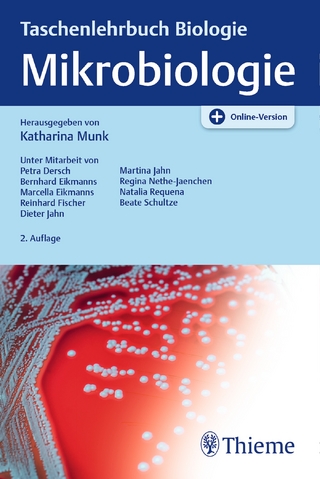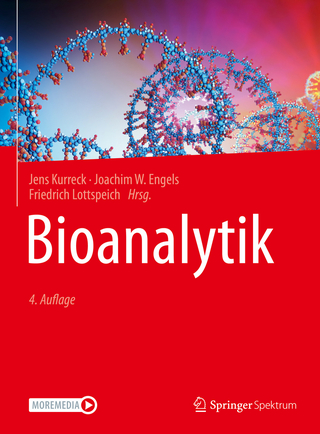
Oxygen Free Radicals in Tissue Damage
Birkhauser Boston Inc (Verlag)
978-1-4615-9842-8 (ISBN)
1. Getting Along with Oxygen.- 2. Oxygen Free Radicals and Tissue Injury.- 3. Photosensitizers as Model Systems to Study Reactive Oxygen Effects in Biological Preparations.- 4. Singlet Oxygen in Biological Systems: A Comparison of Biochemical and Photochemical Mechanisms for Singlet Oxygen Generation.- 5. In Vivo Detection of Oxygen Free Radical Species.- 6. Reactive Oxidant Species in Rat Brain Extracellular Fluid.- 7. Oxygen Radicals Mediate Ischemia-Reperfusion-Induced Leukocyte-Endothelial Cell Adhesive Interactions.- 8. The Respiratory Burst and Drug Metabolism: Implications for Idiosyncratic Drug Reactions and Antiinflammatory Effects.- 9. Role of Oxygen Radicals in Central Nervous System Trauma.- 10. Nitric Oxide as a Mediator of Cerebral Blood Flow, Synaptic Plasticity, and Superoxide-Mediated Brain Injury.- 11. Contributions of the Physical Properties of Neuroprotective Agents to their Efficacy as Inhibitors of Lipid Peroxidation.- 12. Oxidative Stress in the Pathogenesis of Postischemic Ventricular Dysfunction (Myocardial “Stunning”).- 13. Oxygen Free Radicals in the Pathophysiology of Myocardial Ischemia/Reperfusion.- 14. Reactive Oxygen-Induced Modifications of Cardiac Electrophysiology: A Comparison of the Effects of Rose Bengal and other Reactive Oxygen Generators.
| Zusatzinfo | X, 297 p. |
|---|---|
| Verlagsort | Secaucus |
| Sprache | englisch |
| Maße | 155 x 235 mm |
| Themenwelt | Schulbuch / Wörterbuch |
| Naturwissenschaften ► Biologie ► Mikrobiologie / Immunologie | |
| Naturwissenschaften ► Biologie ► Zellbiologie | |
| Sozialwissenschaften | |
| ISBN-10 | 1-4615-9842-7 / 1461598427 |
| ISBN-13 | 978-1-4615-9842-8 / 9781461598428 |
| Zustand | Neuware |
| Haben Sie eine Frage zum Produkt? |
aus dem Bereich


